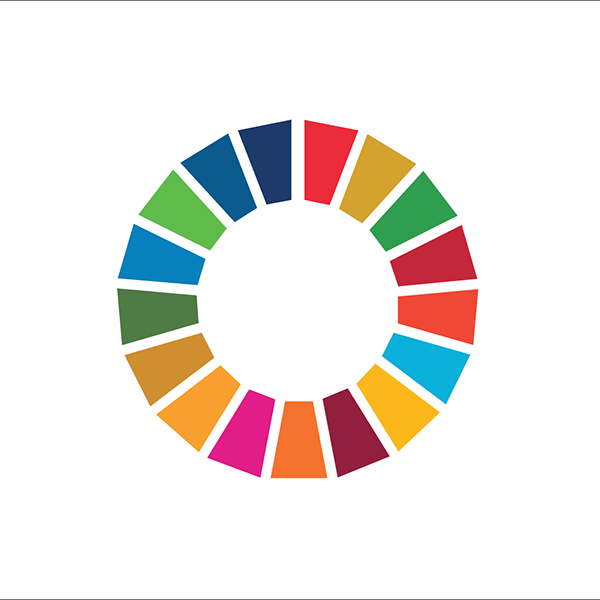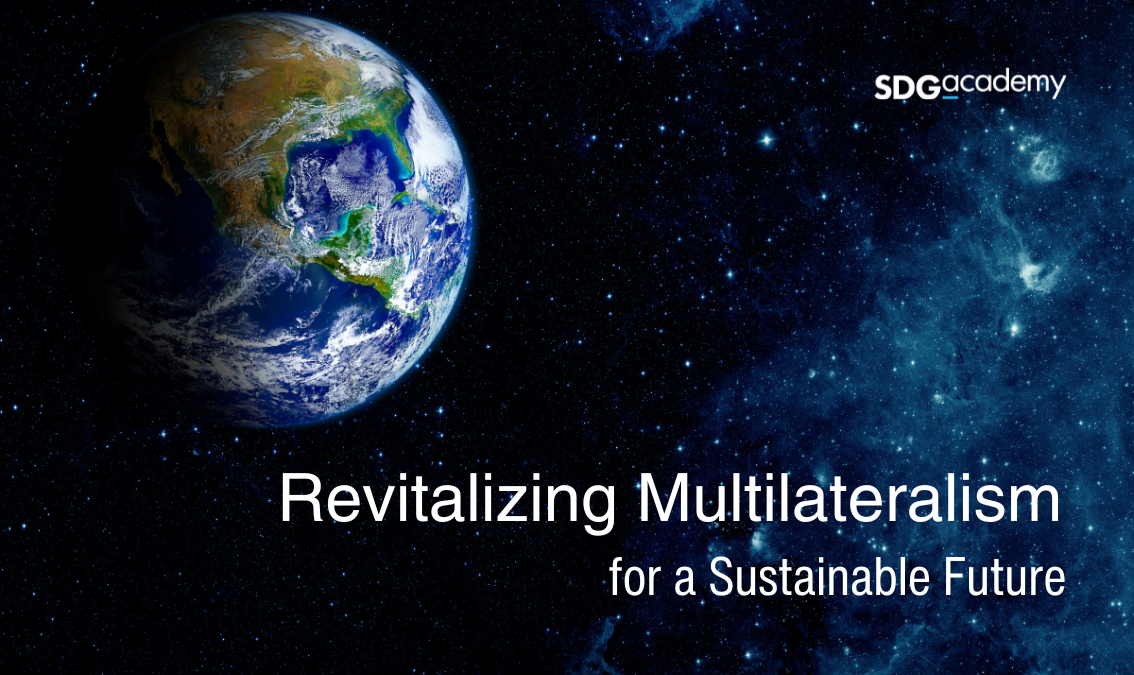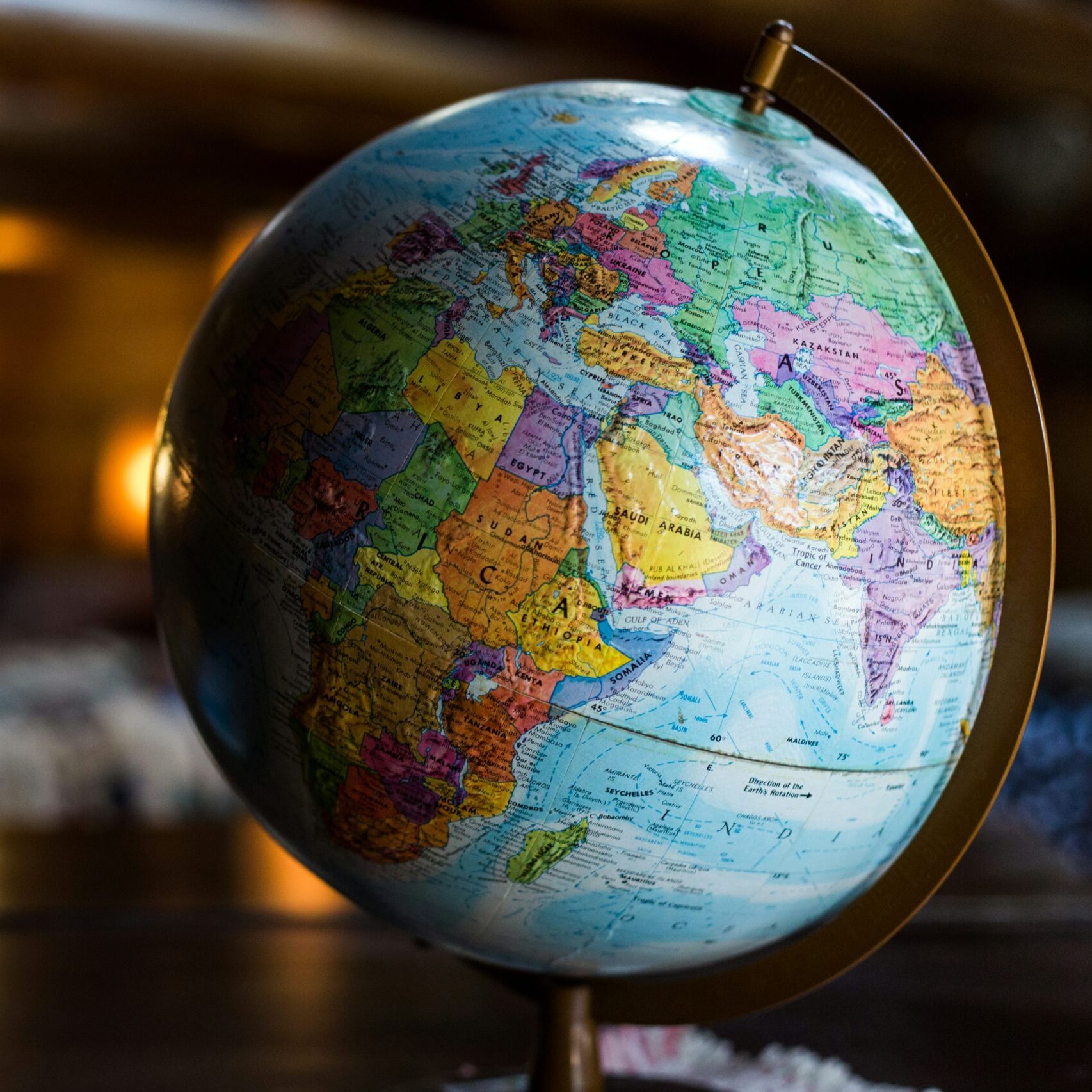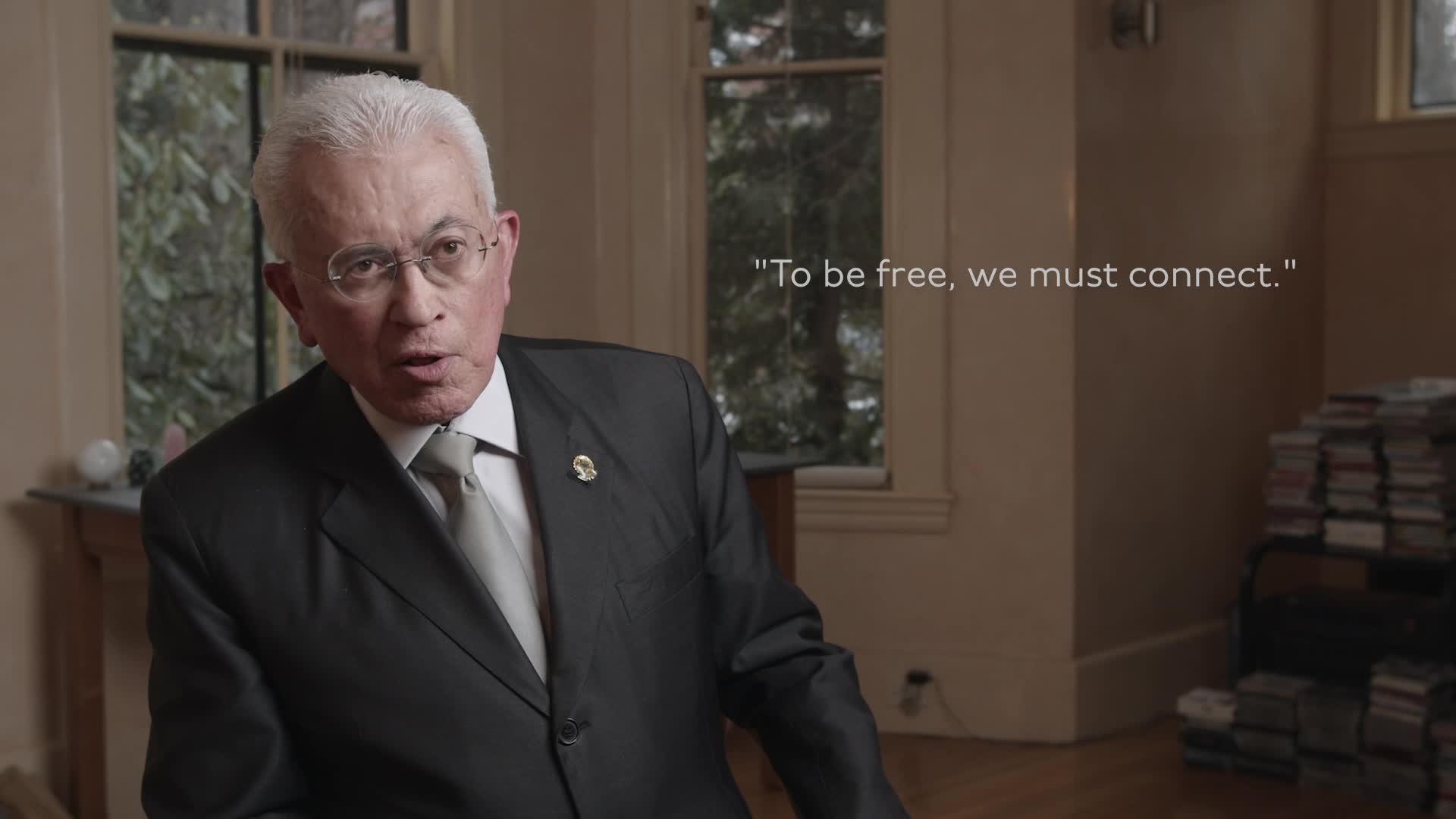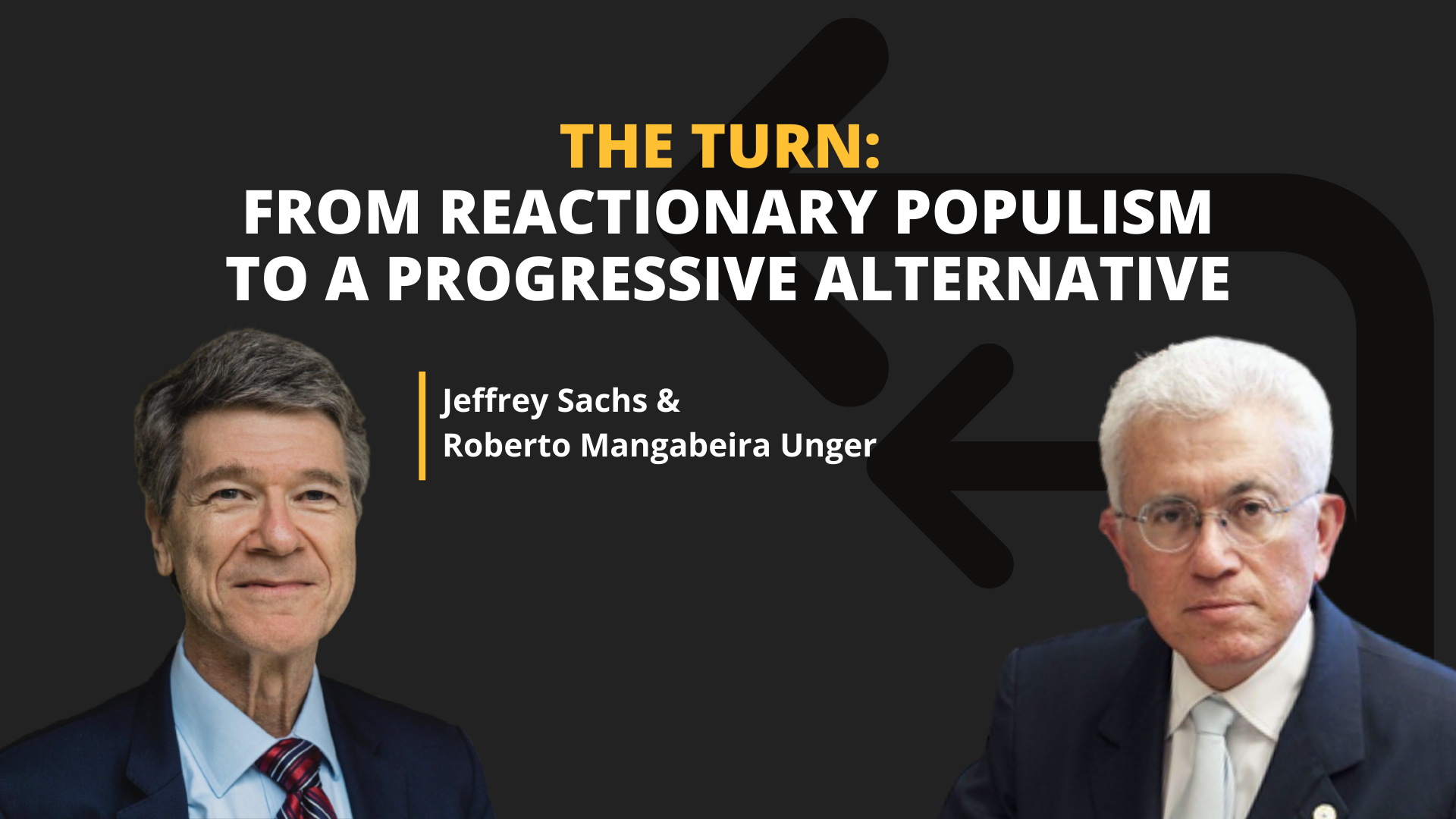In 2015, the world came together to adopt an ambitious plan for global development: the United Nations 2030 Agenda and its 17 Sustainable Development Goals (SDGs). Subsequent global shocks and setbacks, however, have increasingly underscored our shared vulnerabilities and hindered our progress towards a peaceful, prosperous, equitable and sustainable future. International cooperation and collective action are needed more than ever; yet our existing systems of multilateral engagement weren’t designed for the complex, interconnected, and rapidly-changing world in which we live.
It’s time for the United Nations to turbocharge.
In 2021, UN Secretary-General António Guterres issued Our Common Agenda, his vision for the future of international cooperation. Our Common Agenda aims to “turbocharge” action on the SDGs and, most poignantly, presents practical recommendations to transform global governance for the 21st century. Its publication started a conversation that will culminate in November 2025 at the Second World Social Summit, where all countries will recommit to the UN charter and trust in multilateralism. The Summit of the Future in 2024 was an important step towards reinvigorating multilateralism where UN Member States adopted the Pact for the Future to transform international cooperation up to 2030 and beyond.
To support this vision and inform the Summit, the Secretary-General released 11 thematic policy briefs to provide more detail on proposals for the Summit and aid Member States as they prepared for deliberations. The topics of these 11 policy briefs were further condensed into five Chapters, namely: Financing, Peace and Security, Digital Cooperation, Youth and Future Generations, and Global Governance.
The 2024 Summit of the Future marked a “once-in-a-generation opportunity” to reframe global governance for the future. Revitalizing Multilateralism for a Sustainable Future was designed to help you understand it and its follow-up conferences.
In this unique course, Prof. Patrick Paul Walsh guides learners through the past, present, and future of the global development agenda, examining the five Chapters, 11 policy briefs, and three Compacts with the aid of renowned leaders in the field of sustainable development. Through recorded videos from the prestigious Global Classroom lecture series and other high-profile fora, learners will hear from experts in global governance, finance, digital transformation, and more, and consider the Summit of the Future in light of their insights.
Following the Summit of the Future in September 2024, new content was added to reflect on the Summit's outcomes and discuss preparations for the Second World Social Summit. Additional content related to the Second World Social Summit in November 2025 will come soon.
